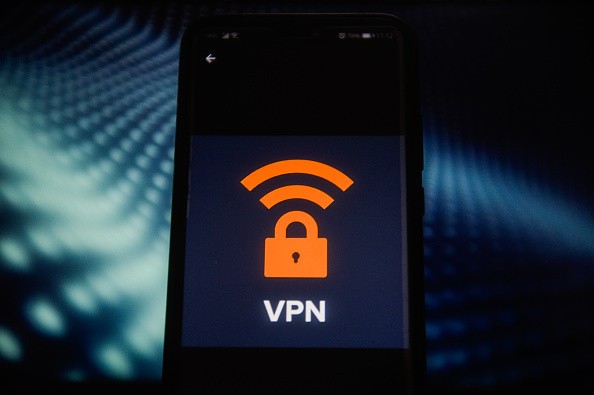VPN providers are always touting their services for their privacy protection perks. But according to a recent report, this isn't really the case. That's because most of these companies don't actually keep their promises, writes Gizmodo.

This information comes from a paper published by Consumer Reports, which looked at the policies and services of 16 VPN companies in total. The original number was 51, though the research narrowed everything down to the most prominent ones which are considered "high quality."
The results of their analysis were mixed-which is actually bad news. For a technology that says it will hide your online activity from prying eyes, this is not a good look.
Among the companies tackled in the research are quite well-known in the tech space: ExpressVPN, Tunnelbear, Kaspersky, and NordVPN, to name a few.
Of the fifteen companies tackled, three of them actually left users vulnerable to brute-force hacking attacks, and three more are leaving people exposed to account lockouts.
Furthermore, it was found that an overwhelming majority of the providers aren't really transparent with their users with regards to the data they hold. It is no secret that companies like this hold and maintain a considerable amount of private user data, and yet, their customers can't really access this information anytime they want.
In the end, the researchers listed only four companies which topped their tests. Here they are in descending order:
Mullvad
PIA
IVPN
Yes, not even NordVPN and Tunnelbear (which appears to sponsor a lot of tech YouTubers these days) aren't that trustworthy when it comes to overall security and trustworthiness.
It's All About PR For Most VPN Companies
In the Consumer Reports study, the findings seem to indicate one thing: most virtual private network providers are grossly exaggerating the effectiveness of their services.

All of the marketing jargon eventually makes people believe that the service will make them basically "invisible" online, when that's not really the case. Furthermore, the researchers also found that these companies use fantastical terms to lure people in-i.e. "Military grade encryption" or "unrivalled internet anonymity," when their services are anything but.
There are more details discussed in the actual paper, which you can freely access in this link if you're curious about the finer points.
Virtual Private Networks Remain A Controversial Moot Point
This report wouldn't be the first rodeo of these companies when it comes to questionable practices and legal troubles.
Back in early September, a host of providers were sued by movie companies in Virginia. In the lawsuit, the movie companies are arguing that these VPN providers should be held liable for their customers' piracy activities.
Once again, three more prominent names popped up in the case: ExpressVPN, VPN Unlimited Surfshark, and Zenmate. The reason these companies are being sued is because of the overall nature of their service: keeping their users' identities away from so-called prying eyes.
With this news, you'll need to be careful about your choice for a virtual private network from here on out.
This article is owned by Tech Times
Written by RJ Pierce
ⓒ 2026 TECHTIMES.com All rights reserved. Do not reproduce without permission.




